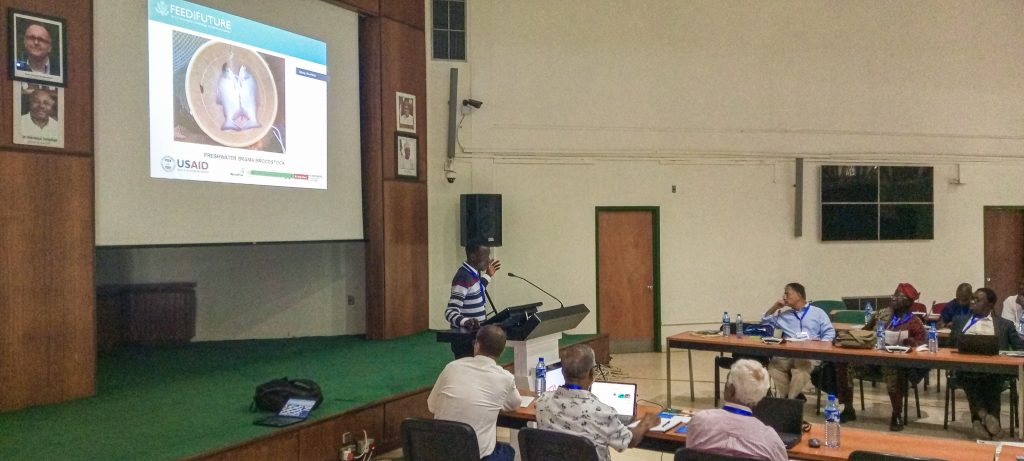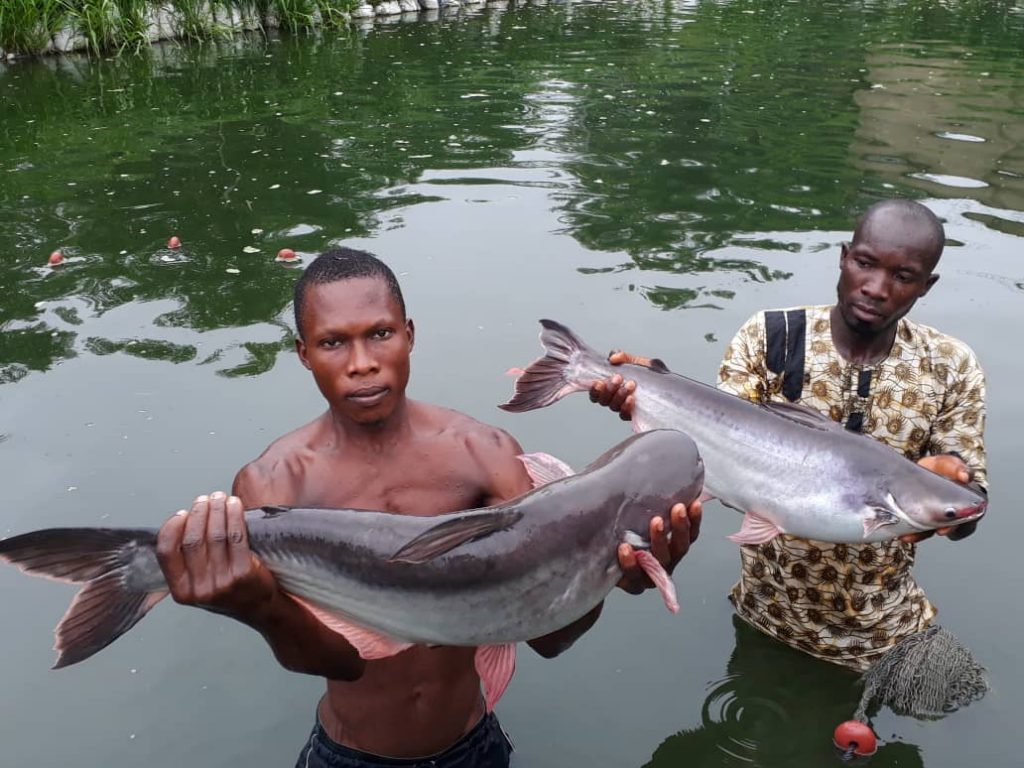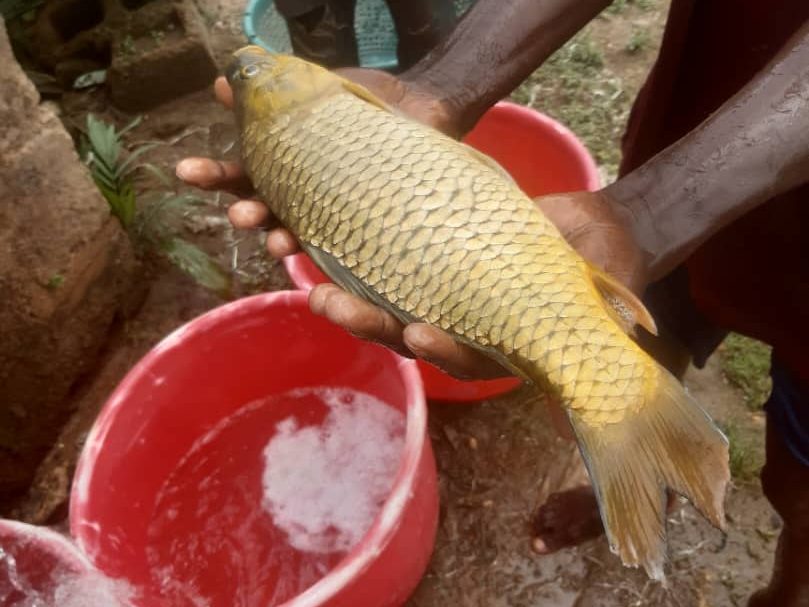Title: Navigating Nigeria’s Aquaculture Landscape: Unveiling Opportunities and Challenges
Date: March 2023
Author: [Author Name]

Introduction:
In a recent presentation that drew attention from industry experts, policymakers, and aquaculture enthusiasts, our company delved into the dynamic landscape of Nigeria’s aquaculture sector. The presentation provided a comprehensive overview of the remarkable opportunities and pressing challenges that define the industry today. In this blog post, we aim to distill the key takeaways from our presentation, shedding light on the immense potential and the roadblocks that lie ahead for aquaculture in Nigeria.
Opportunities Abound:
- Rising Demand: Nigeria’s growing population translates to an increasing demand for protein sources, making aquaculture an attractive option due to its high protein yield and nutritional value.
- Favorable Climate: With abundant water resources and diverse aquatic ecosystems, Nigeria boasts a climate conducive to aquaculture. Both freshwater and marine aquaculture have significant potential for growth.
- Job Creation: The aquaculture industry has the potential to provide employment opportunities at various levels, from fish farming and processing to marketing and distribution, contributing to economic development.
- Export Potential: Nigeria’s strategic location and access to international markets open doors for exporting aquaculture products, thereby boosting foreign exchange earnings.
- Technological Advancements: Emerging technologies, such as remote monitoring, data analytics, and sustainable practices, are enhancing productivity and efficiency in the sector.
Challenges to Address:
- Infrastructure Gap: Insufficient infrastructure, including reliable energy sources, transportation networks, and storage facilities, poses hurdles for the development of the aquaculture industry.
- Regulatory Framework: Ambiguities and inconsistencies in regulations can impede industry growth. A clear, supportive regulatory framework is essential to attract investments and ensure sustainable practices.
- Access to Finance: Limited access to financing options hinders the expansion of aquaculture operations and adoption of modern technologies.
- Quality Control: Maintaining consistent product quality and safety standards is crucial for both local consumption and international trade. Lack of adequate quality control measures can hamper market access.
- Skills and Knowledge Gap: The industry requires skilled manpower with expertise in modern aquaculture techniques. Training and educational programs are needed to bridge this gap.
- Environmental Sustainability: Unregulated expansion of aquaculture can lead to environmental degradation, such as water pollution and habitat destruction. Implementing sustainable practices is vital to prevent negative impacts.
A Path Forward:
To capitalize on the abundant opportunities and address the challenges, a collaborative effort is essential. Stakeholders including government bodies, private enterprises, research institutions, and communities must work together to:
- Promote Investment: Encourage private sector investments through incentives, grants, and streamlined administrative processes to facilitate infrastructure development and technological adoption.
- Capacity Building: Establish training programs to enhance the skills and knowledge of aquaculture practitioners, ensuring the industry benefits from modern practices.
- Regulatory Reforms: Collaborate with industry experts to develop clear, consistent regulations that encourage responsible aquaculture practices while safeguarding the environment and consumer interests.
- Market Access: Support efforts to meet international quality and safety standards, enabling Nigerian aquaculture products to access global markets.
- Sustainable Practices: Promote environmentally conscious practices through research, education, and incentives, ensuring long-term viability of the industry.
Diversification presents a valuable opportunity for Nigerian aquaculture. Varying the species farmed can reduce risks, meet diverse market demands, enhance sustainability, and drive innovation. It offers nutritional variety, job creation, export potential, and resilience to climate change. However, successful diversification requires careful planning, research, and collaboration among stakeholders.





